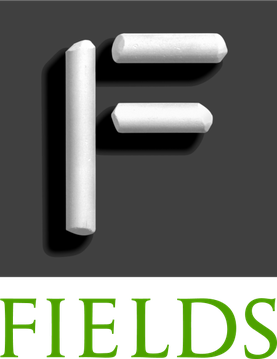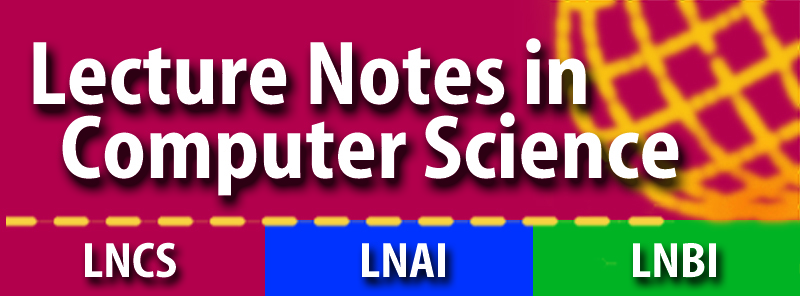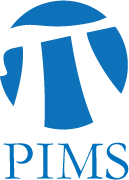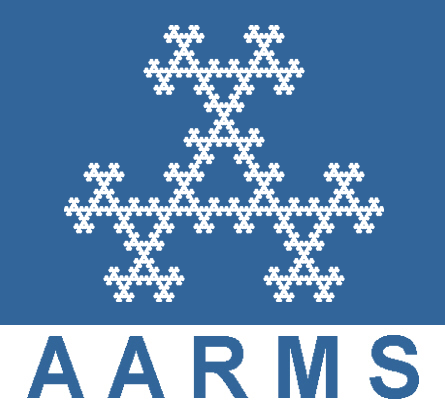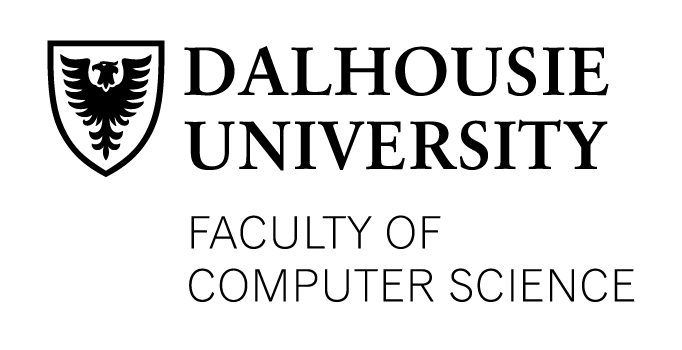The Algorithms and Data Structures Symposium, WADS, which alternates with the Scandinavian Symposium and Workshops on Algorithm Theory, SWAT, is intended as a forum for researchers in the area of design and analysis of algorithms and data structures.
We invite submissions of papers presenting original research on the theory and application of algorithms and data structures in all areas, including combinatorics, computational geometry, databases, graphics, and parallel and distributed computing.
WADS participates in SafeToC and is committed to preventing and combatting harassment in the Theory of Computing community. The ToC advocates for WADS are Faith Ellen and Stephane Durocher. For further information see the Code of Conduct page.
WADS 2021, the 17th Algorithm and Data Structures Symposium, is planned for August 9-11, 2021. The symposium will most likely be fully online. It may have an in-person component, which will be held at Dalhousie University, Halifax, Nova Scotia, Canada. This depends on the covid-19 situation. In any case, authors of accepted papers who cannot attend in person will be able to give their talks online.
CCCG 2021, the 33rd Canadian Conference on Computational Geometry, is planned for August 10-12 at the same location.
Recent News
- The Best Student Presentation Award
- Thanks for Participation and the Access Codes for the Proceedings
- The Conference Proceedings are Available
- The Conference Program is Out
- Registration Open
Important Dates
| Paper submission deadline | February 20, 2021, 23:59 anywhere on earth (UTC -12) |
| Acceptance/rejection notification | April 13, 2021 |
| Camera-ready version due | May 21, 2021 |
| Symposium | August 9-11, 2021 |
Invited Speakers
Vida Dujmović, University of Ottawa
Ola Svensson, EPFL
The abstracts of the invited talks are available.
Program Committee
Chairs
Meng He, Dalhousie University, Canada (local arrangements)
Anna Lubiw, University of Waterloo, Canada
Mohammad Salavatipour, University of Alberta, Canada
Mohammad Ali Abam, Sharif University of Technology, Iran
Ahmad Biniaz, University of Windsor, Canada
Anthony Bonato, Ryerson University, Canada
Parinya Chalermsook, Aalto University, Finland
Steven Chaplick, Maastricht University, Netherlands
Giordano Da Lozzo, Roma Tre University, Italy
Khaled Elbassioni, Khalifa University, Abu Dhabi, United Arab Emirates
Ruy Fabila-Monroy, CINVESTAV, Mexico
Moran Feldman, University of Haifa, Israel
Travis Gagie, Dalhousie University, Canada
Pinar Heggernes, University of Bergen, Norway
Zhiyi Huang, University of Hong Kong, Hong Kong
John Iacono, Université Libre de Bruxelles, Belgium
Shahin Kamali, University of Manitoba, Canada
Matya Katz, Ben-Gurion University of the Negev, Israel
Guohui Lin, University of Alberta, Canada
Brendan Lucier, Microsoft Research, USA
Pat Morin, Carleton University, Canada
Yakov Nekrich, Michigan Technological University, USA
Yoshio Okamoto, University of Electro-Communications, Japan
Denis Pankratov, Concordia University, Canada
Venkatesh Raman, Institute of Mathematical Sciences, Chennai, India
Laura Sanita, Eindhoven University of Technology, Netherlands
Jose Soto, University of Chile, Chile
He Sun, University of Edinburgh, Scotland, UK
Dimitrios Thilikos, Université de Montpellier, France
Aravindan Vijayaraghavan, Northwestern University, USA
Carola Wenk, Tulane University, USA
